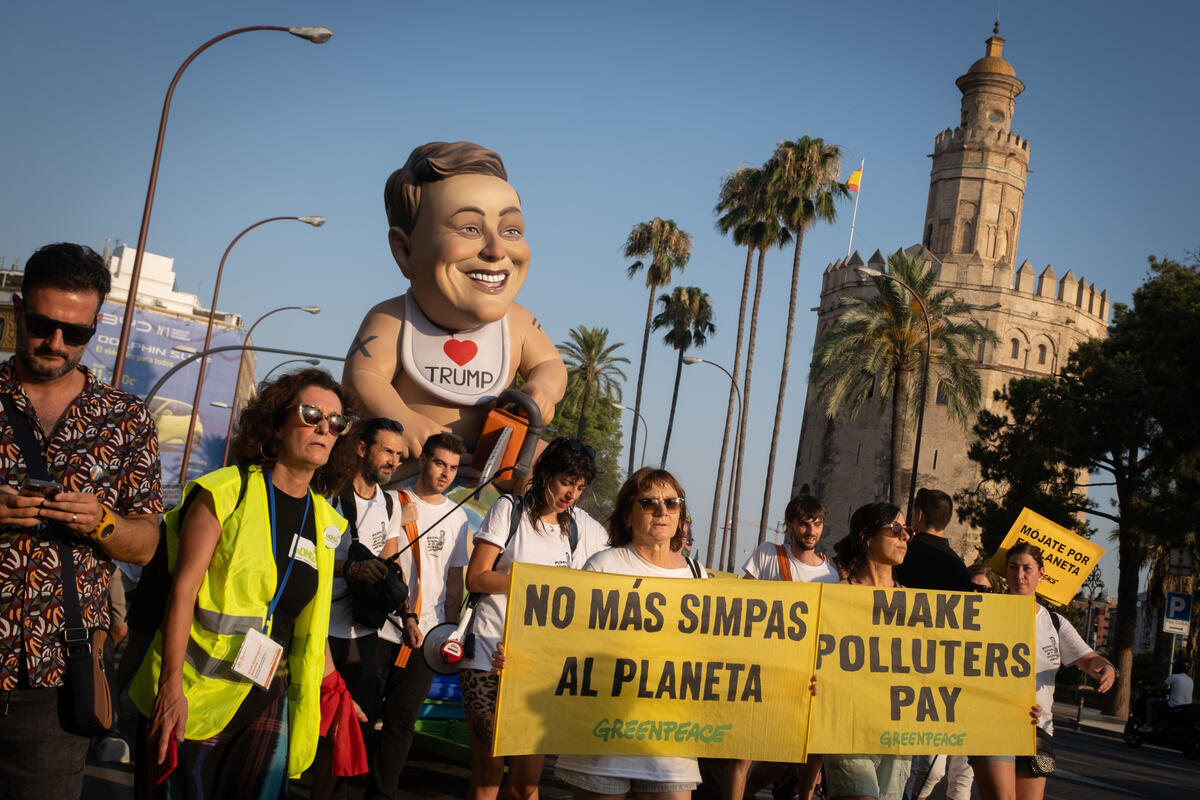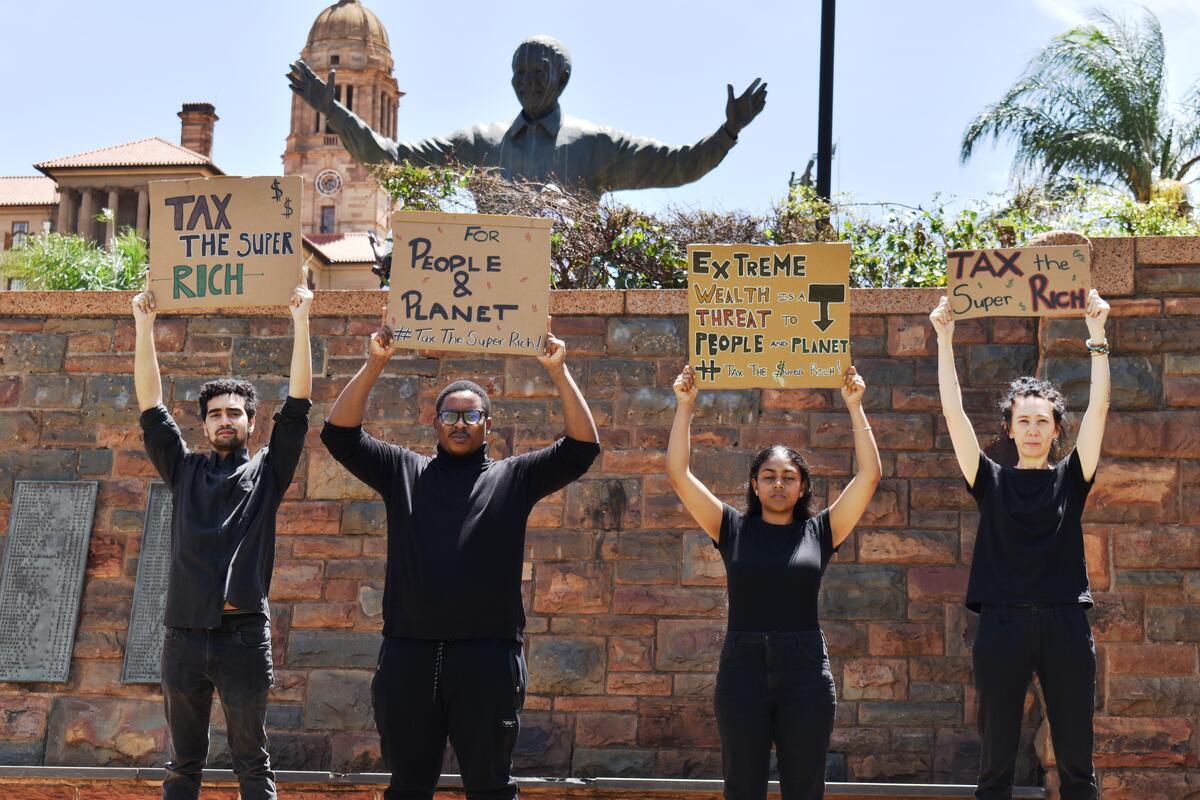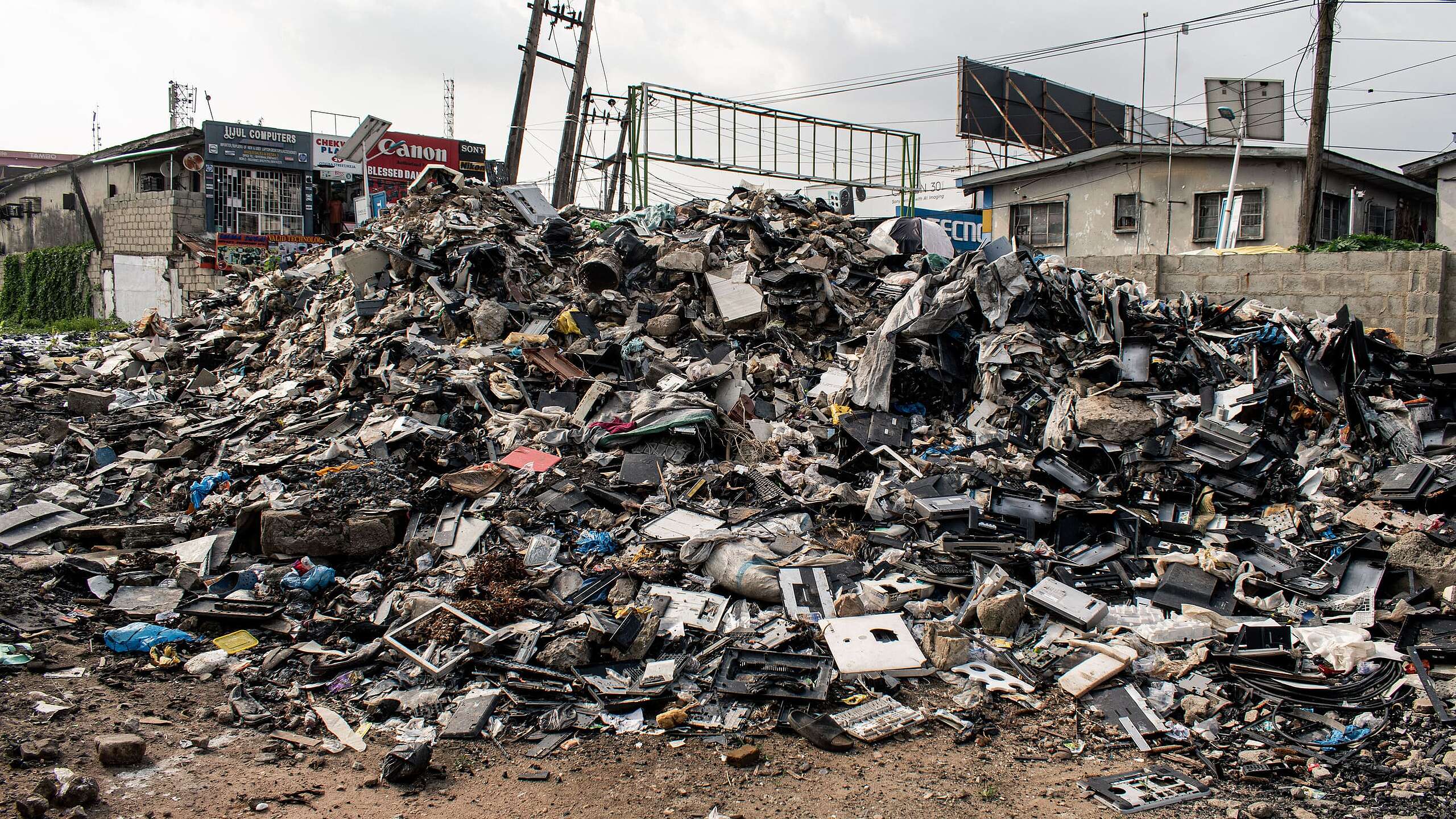I phone my sister in Beira. Each time I call, the ringing seems to continue for longer and longer. Each time she picks up, the relief is the same. I tell her how my son is doing, how tired I am. She tells me about the updated death toll, the lack of electricity, how people are standing in lines for food and water for hours.
“People are still being found on the shore.
When speaking to my sister on the phone, it’s statements like this that drive home the sobering reality of Tropical Cyclone Idai’s impact. My sister took time off work to volunteer as a relief worker in Mozambique. When we speak, her voice is heavy with what she’s seen. It’s a heaviness that is familiar to those of us who have experienced grief, or who have borne witness to it.
“In the days I’ve been here, grief has settled over Beira in a thick blanket of reddish-brown mud,” she tells me over a bad line, late last night. “It’s still warm here. It’s like the sun doesn’t know what’s going on on the ground.”
“There are rumours in the news of a cholera outbreak,” I say.
“That’s the thing about the cyclone; it’s not over when it’s over,” she sighs. The cyclone destroyed access to clean water; the dregs of dirty water left behind are undrinkable. No clean water means no sanitation, which means an almost explosive spread of disease. The vaccination campaign planned for next week cannot come quickly enough, and the defeat lurking in my sister’s voice when she tells me that there have already been a few confirmed cases in the area, is almost enough to break my spirit.
We end our call the usual way: love to my boy, stay safe, see you soon.
African spirits have had to suffer a lot of pain. But through all of the desolation, there is always something that continuously arises out of African soil, even out of the mud of the storm. As Africans, we are marked by our resilience; we have unbridled power when we connect with each other and support each other as a community. There are areas of Mozambique near Beira that have been cut off from the city, because of the flooding, yet there are boatmen who fight the currents to reach the people stranded there and bring them to safety.
In the next phone call I have with my sister, I will remind her of this before hanging up: in times of catastrophe, the true character of a place and its people is revealed. This is the true character of Africa: in the face of what is being called one of the worst natural disasters to hit the southern hemisphere, we rise with our grief and support each other, carry each other, and ferry each other across storm-tossed currents.
Notes:




Discussion
Brought me to tears. We are so hung up on our petty issues day in and day out, while there are people out there just striving to stay alive. It's too easy to close our eyes and carry on. Unfortunately not all of us can leave our safe lives to go and physically help others. Signing petitions may make a difference. What can we all do on a daily basis to make a difference? We can start the change with our daily choices. Do I choose to support the animal farming industry which pollutes millions of litres of water a day. In a country that has just experienced such drought and households had to cut back on water usage... did the government bring to the peoples awareness that their bacon and egg breakfast is equivalent to several showers? What about our problem with electricity consumption? We must all cut down on our usage to lift some of the pressure from eskom, Has the government requested that we eat more beans and rice as it uses less electricity to process from beginning of the cows life to the steak on your table? How about our cleaning products? Are there campaigns by the government to teach people of the wanders of bicarb and vinegar for cleaning? Why do people think they need hospital grade cleaners in their homes? Do we really want to build a society of over sensitive immune systems? Let children get muddy and wash them off with a bucket of water and a cloth. That's how we grew up. We must start with ourselves. Suppliers will continue to produce plastic as long as the consumer requests it. Take your own bag to the shop. Educate the people at the tellers. Ask shop owners to offer alternatives to plastic bags. I asked our local grocer and they now have plastic and paper bags available. Ask yourself before you buy something if you really need it. It's stressful at first, but it is so freeing once you realise how much rubbish you have been collecting around you, telling yourself you need it. Support where you can on the outside, but don't see it as a way out of making changes to your own life. Be the change Be the example Be the light
a beautifully written article by August Maluka. It is so honest and so sobering. thank you for sharing this truth.